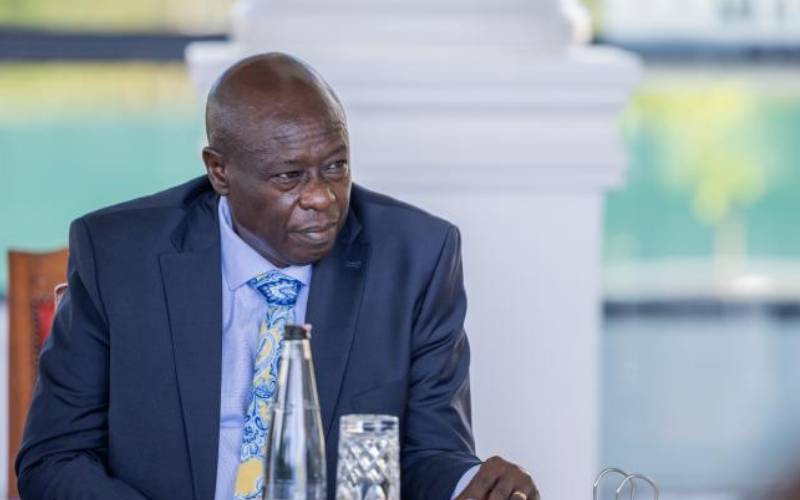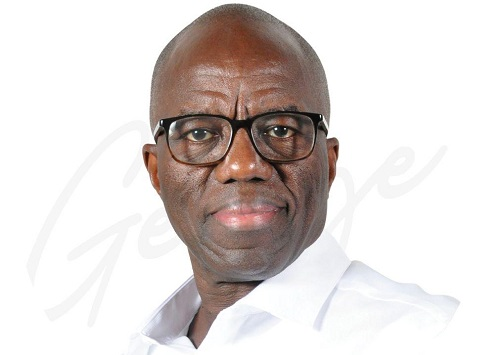- Biden's final UN speech seeks hope amid grim wars in the Middle East, Ukraine, Sudan
- 'Stop ripping us off': Novo Nordisk CEO faces Senate grilling over weight loss drug prices
- China launches probe into Calvin Klein parent over Xinjiang supply chain ‘disruptions’
- Commerzbank board member warns of significant job losses with a hostile UniCredit takeover
- Fed Governor Bowman explains dissent on rate vote, says she's worried about inflation
What do you believe is the single most important factor driving up the cost of living in Nigeria?

Creatives urged to embrace Swahili language for regional careers
Ugandan creatives have been implored to utilise the four days a week opportunity to learn Swahili language in classes being conducted at the Uganda National Cultural Centre (UNCC) to boost their career opportunities beyond Uganda. There are two classes every evening of Wednesdays and Thursdays and rest of the classes are conducted on weekends.
Swahili language, also known by its local name as Kiswahili, once an Island dialect of the African Bantu tongue, has been spoken for centuries especially by the East African Coastal communities in Tanzania, Kenya and Zanzibar. Kiswahili is now the most widely spoken language in Sub-Saharan Africa.
Mr Emmanuel Lubega, the Kiswahili teacher, consultant and coordinator from Kiswahili teaching and enhancement program (KITENHAP), said they are partnering with National theatre to see that thespians, actors and artists, learn Kiswahili and start making compositions and productions in a language that can enable them breakthrough at the international arena.
Mr Lubega told Monitor that KITENHAP works from National theatre and is committed to promote creatives through Kiswahili language to scale up regional and international productions to reach wider audiences.
The Kiswahili class initiative comes at a time when Ugandan creatives, including actors, visual artists, and poets are facing challenges in accessing opportunities that require proficiency in the Kiswahili language. Ugandan productions are thus mainly consumed within the country.

- September 24, 2024
Is Uganda a family enterprise? Lawsuit questions leadership structures

- September 24, 2024
‘Edo people have spoken,’ Reps congratulate Okpebholo, Idahosa

- September 24, 2024
Pro-Fubara LG caretaker chairmen dump PDP for APP

- September 24, 2024
#Election2024: Do not be complacent in your campaigns


- September 24, 2024
gates Archives


- September 24, 2024
Tayebwa lauds China for boosting Uganda’s economy

- September 24, 2024
Support systems lacking as poisoning cases soar in Eastern Uganda

- September 24, 2024
Who are the possible beneficiaries of DP Gachagua's troubles?

- September 24, 2024
Ghana needs a candidate with no ties to a political party

- September 24, 2024
Motorists face long detours following Karuma Bridge closure
Subscribe to our mailing list to get the new updates!

Subscribe our newsletter to stay updated
Thank you for subscribing!


